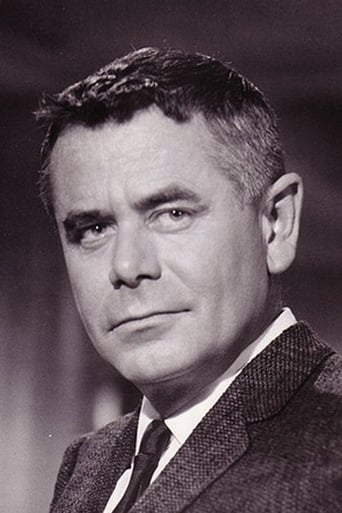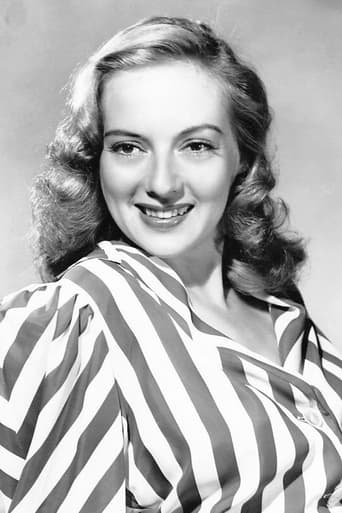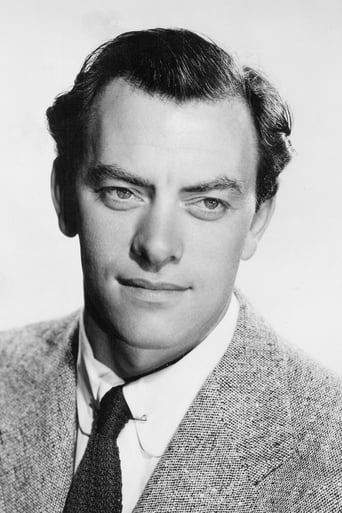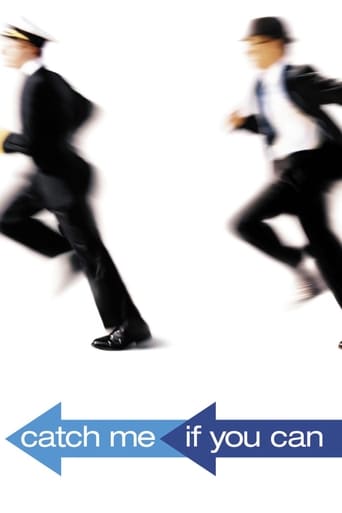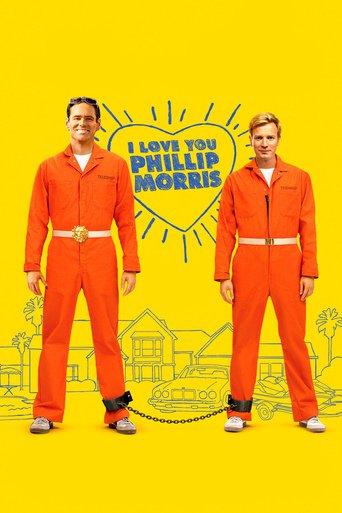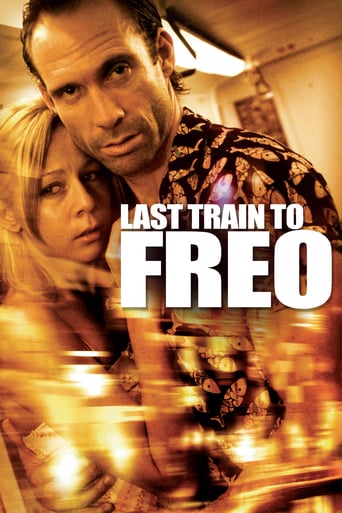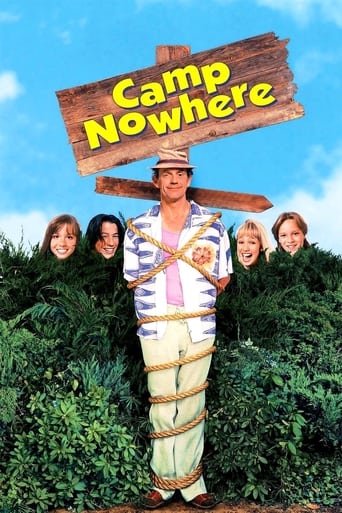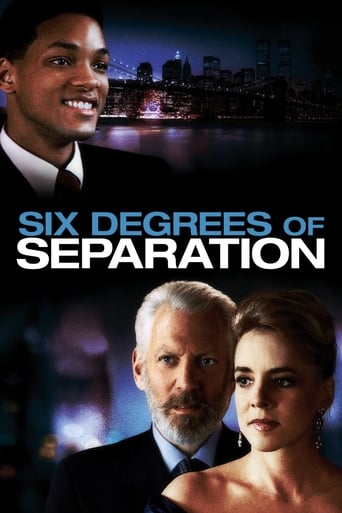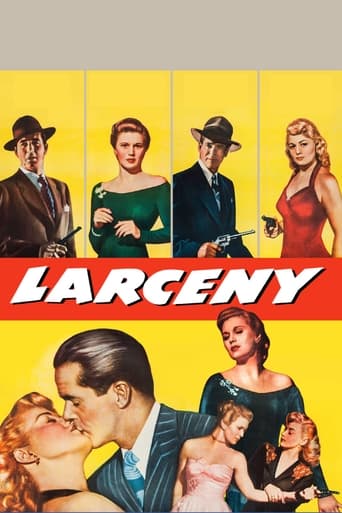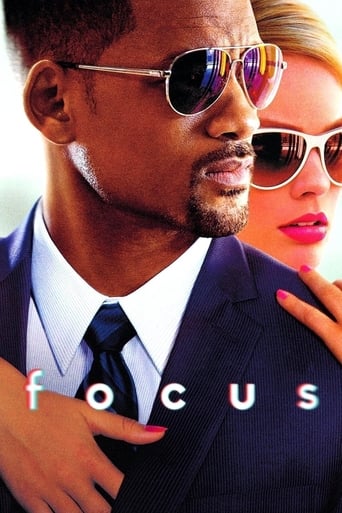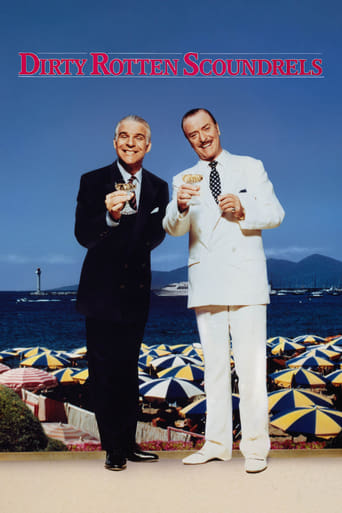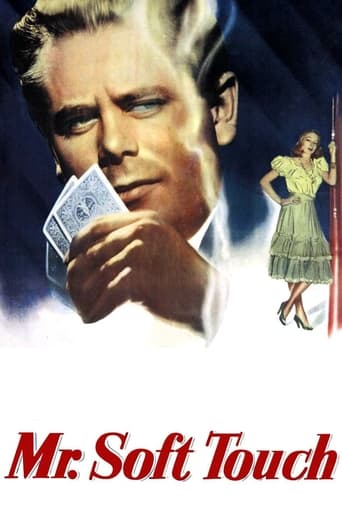
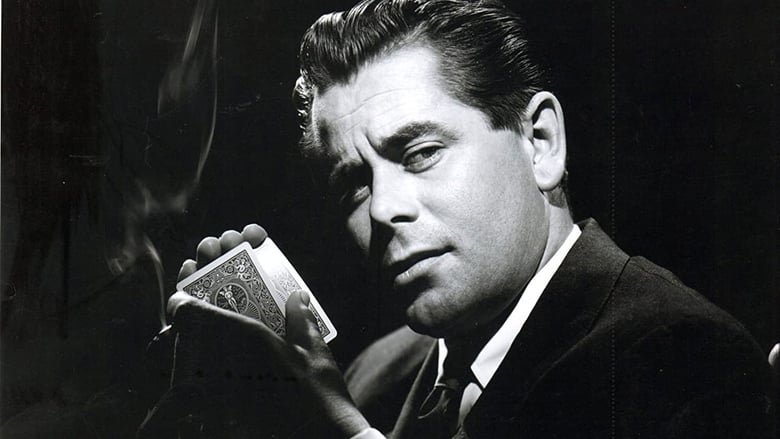
Mr. Soft Touch (1949)
When he learns that a gangster has taken over his nightclub and murdered his partner, returning WWII hero Joe Miracle steals the money from the club's safe and hides in a settlement home, while the mob is on his tail.
Watch Trailer
Cast
Similar titles
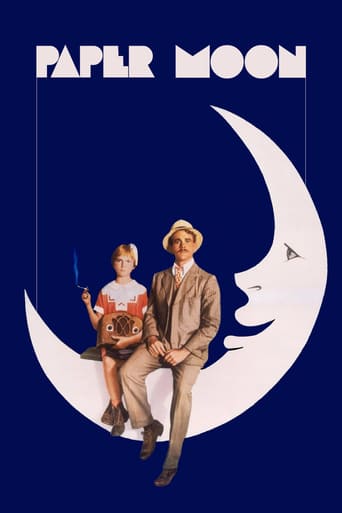
Reviews
Pretty Good
This is a tender, generous movie that likes its characters and presents them as real people, full of flaws and strengths.
It is neither dumb nor smart enough to be fun, and spends way too much time with its boring human characters.
True to its essence, the characters remain on the same line and manage to entertain the viewer, each highlighting their own distinctive qualities or touches.
Nightclub owner Joe returns from WWII only to learn gangsters have taken over his business and killed his partner. Being a tough guy himself, he gets the money back, but now needs to hightail out of the country. But before his ship sails, he's thrust into a neighborhood settlement house, whose winsome supervisor tempts him with a different kind of life.Oddball Xmas film, sort of like gangster noir meets Xmas spirit. I'm surmising it's holiday fare since Santa and the spirit of giving amount to the subtext. Plus, "Miracle" is Joe's (Ford) last name— no guess work there. Nonetheless, the tough guy overlay is heavy and darkly photographed. And catch that ending—certainly not what I expected as noir triumphs. Then too, just count actor Ford's number of smiles, or leading lady Keyes'. It's more like dour Xmas than the merry kind. Still, I kind of enjoyed the overall result. Maybe because it manages to convey a spirit of giving without rubbing our nose in it. After all, Joe's more interested in keeping the hundred-grand than doling it out to the needy. Good thing the kids are there to ease his greed. Still, the movie's pretty uneven. The gangster part sort of drops in and out. I get the feeling no one in production had a clear concept of the desired result. Overall, the parts may not fit well, but they are lively, never dragging. Still, it's an interesting little film, but don't expect it to show up for holiday celebration, except maybe for fans of 40's noir.
Glenn Ford is Joe Miracle (nee with some Polish jawbreaker of a real name). He returns from the war to find that a gangster, the ever reliable Roman Bohnen, assisted by his even more ever-reliable coffee-grinder-voiced henchman, Ted DeCorsia, have killed his partner and stolen the money from the night club Ford and his partner owned.Ford, quite naturally, steals it back and the gangsters are after him. Ford finds sanctuary in a settlement house run by Evelyn Keyes for indigents and neighborhood kids. Keyes mistakes Ford for a bum and puts him up in the upstairs flophouse in a bunk with shredded sheets and blankets. Ford must have these indignities visited upon him for the few days until his ship leaves for a foreign port.Guess what happens. He outwits the gangsters and Ford and Keyes fall in love and Ford, dressed as Santa Claus, uses the money to refurbish the settlement house with new mattresses, sheets, hot and cold running maids, and everything else until it looks like the Burj El Arab Hotel in Dubai. Everybody lives happily ever after except those who don't deserve it.The Depression-era script seems to have been taken out of some unused filing cabinet and dusted off. It may have been rejected at some time earlier by Frank Capra as too sappy for his attention. The "kids" in the settlement are derived from "Dead End", with their oddball features and funny hats. One of them wears a beanie -- in 1949. They try to teach the supposed novice Ford how to shoot dice, and they lose to their surprise. The shtick was done better in an Abbot and Costello movie in 1941. But the kids simply serve as an index of how much care has gone into the production, which is to say not much.Actually, the beginning, which has the police in pursuit of Ford through the neighborhoods of San Francisco has some rather promising crime-drama elements. The location is unmistakable, the Bay Bridge prominently featured. But then, for some reason, the sense of place disappears and the city becomes studio bound and utterly fictional. Several addresses are mentioned in the script. A movie-obsessed fan Googled them and none of the streets exist in San Francisco. (There is a brief glimpse of a street sign identifying the real Valencia.) Not that the city is ever named, but it it had been, it would have been called something like "Central City", as was the thinly disguised Los Angeles in "The Street With No Name." Something generic, you know? Glenn Ford goes through the movie looking intense. He always looks intense. Even when he's comically cheating "the kids" out of their change during the game of craps, you can't tell the scene is supposed to be funny. I have no idea why he adopted this stern and unamused stance. He had a considerable comedic talent that he displayed in later roles.Overall, it's dull, silly, and predictable, a cross between film noir and Capraesque comedy, and a not an especially easy one to bear. The "soft touch" of the title has shaped the entire production.
"Mr. Soft Touch" is an odd sort of film. It's like merging a film noir movie with a schmaltzy family film--and the results are far from great. Now I am not saying it's a bad picture--but it could have easily been a lot better--mostly because of its saccharine script.The film begins with Glenn Ford on the run. It seems he held up a nightclub and stole $100,000. But was it exactly stealing? It seems that the club had belonged to Ford but while he was off fighting in the war, it was stolen out from under him. So, the money is just payback for what was rightfully his--at least in his mind. The problem is that the mobsters who now run the place are not about to let him get away with it...and Ford needs to get out of the country ASAP.Now here is where it gets bizarre. His boat doesn't leave for a day so Ford tries to get himself locked up for the night--as he figures at least he'll be safe. But a do-gooder social worker feels sorry for him and gets the police to agree to release him to her program--something Ford really doesn't want. And, after a while, Ford's tough-guy persona is slowly eroded as he starts to think of others and care about the people in this Salvation Army-like setting. What's next? Well, it is predictable but a bit ridiculous--so watch it if you are really, really curious. I wouldn't.Ford's character is a bizarre enigma. He's supposed to be tough and nasty--and he's good at that. But later, he's supposed to be a softy--and this just never range true. Nor, for that matter, did the script.
The credentials for a superb Noir are all there: Glenn Ford has been one of the most convincing (and still strangely unsung) anti-heroes American cinema has produced. The wonderful opening sequence (in which Ford escapes both the police and the mob) is as minimalistic ally brilliant as the seemingly tight budget would have allowed. Yet after only a short while the film's tone changes radically: sweeter music, romantic comedy and a (however underplayed) Christmas tear-jerker emerge from what promised to be a crisp, economic little masterpiece.I'm not saying the uneven pacing ruin the film completely but my suspicion is, looking at the credits (no, I don't mean the cast which features a wonderfully noir-ish array of characters: Evelyn Keyes, John Ireland, Ted de Corsia) there are TWO directors (one made good noirs with Ford, the other made Rat Pack flicks with Sinatra, Davis Jr, Martin et al), TWO directors of photography...For what it's worth my guess is the producer got cold feet and hired a second director to save (a lame comedy? a routine noir?) a product he wasn't very happy with. He probably made a mistake...
